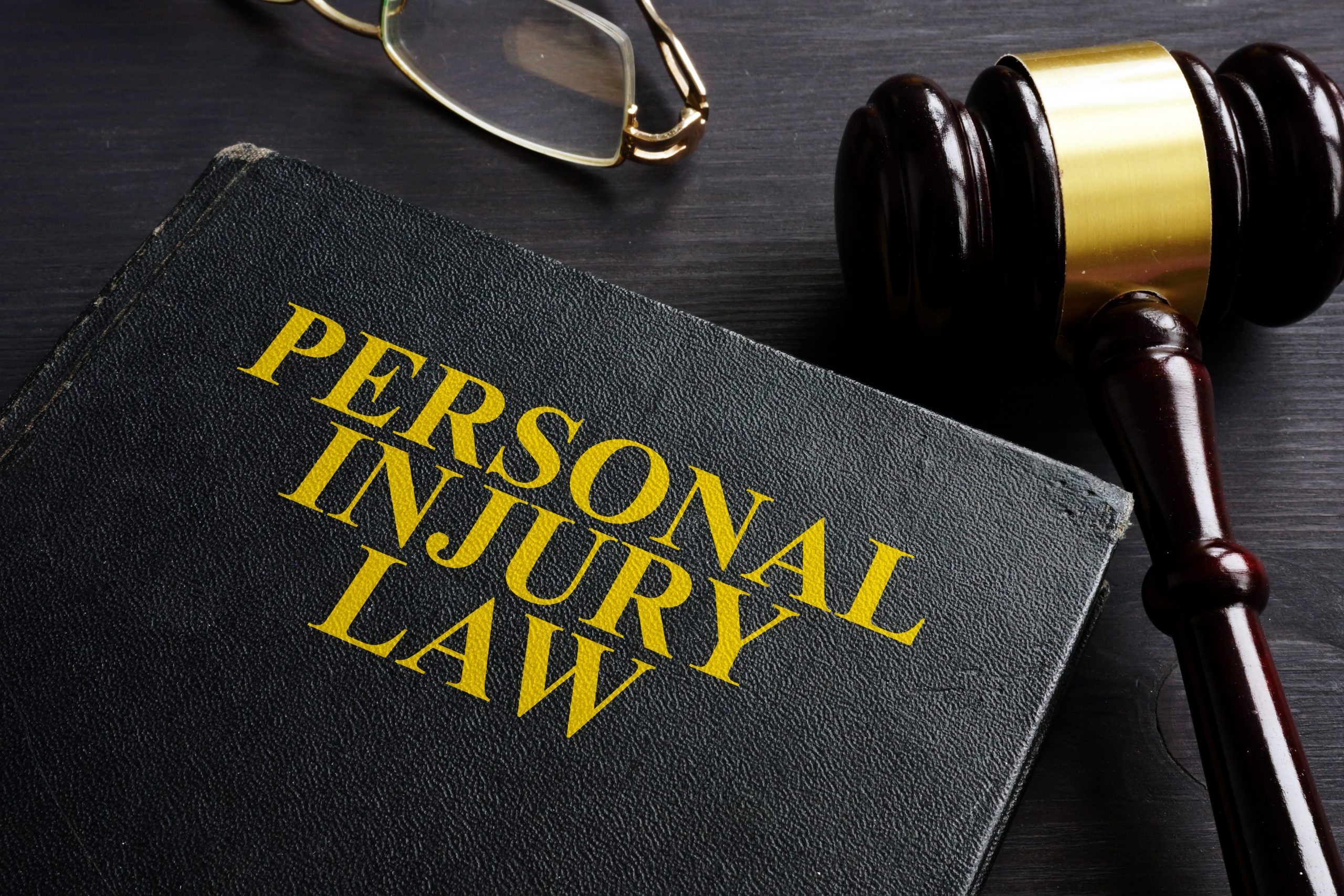Now Reading: Tips for Increasing a Personal Injury Claim Settlement
-
01
Tips for Increasing a Personal Injury Claim Settlement

Tips for Increasing a Personal Injury Claim Settlement
Essentially, personal injury cases look simple and straightforward. A person’s negligence leads to injuries, you sue the person, and receive compensation. However, this isn’t always the case.
The result of personal injury cases and the amount of compensation awarded depends on several factors. Key determinants of personal injury claim settlement include:
- The severity of the injuries
- State laws
- Kind of injury sustained
- Whether you seek professional counsel and how soon you do so
Since personal injuries sustained are different, personal injury cases significantly vary. However, while you can’t control all factors, the following tips increase your chances of securing satisfactory compensation.
- Find a Lawyer
Navigating the legal system is complicated and intimidating for those without prior exposure to legal procedures. The procedure of filing a personal injury claim is complicated, and you shouldn’t attempt it without proper legal help. Therefore, you should consider hiring an attorney to assist in navigating these procedures and represent you in court. Good personal injury attorneys, such as Virginia Beach injury law, will help build the case, sort out insurance issues, and act in your best interests.
- Collect Evidence to Substantiate your Claim
You should back up your injury claims with sufficient evidence to increase the amount of possible injury settlement. This is crucial, especially in situations where possible compensation is negotiable. Important evidence to collect include;
- Pictures and videos from the scene of the accident
- Medical records, imaging scans, and other information from your doctor
- Copy of police report
- Any form of communication between you and the involved parties
- Bills from your mechanic estimating the cost of damage to property or vehicle
Remember that the evidence list is non-exhaustive and can change depending on the case. Personal injury attorneys can make this investigative process productive.
- Thoroughly Evaluate the Loss Incurred
Pointing out the projected amount of loss incurred after the accident also helps increase your injury settlements. Ideally, the insurance company will appoint an insurance adjuster to evaluate the losses incurred.
Unfortunately, insurance adjusters don’t always act in your favor. If the assigned adjuster doesn’t quantify all your losses, consider taking legal action. Expenses incurred during a personal injury lawsuit fall under two categories:
- Specific damage – These are expenses with concrete value, such as the cost of repairing your vehicle.
- General damages – These are the costs of intangible items, such as psychological trauma.
Note that you shouldn’t always agree to the adjusters’ quoted evaluation, and you can negotiate for high amounts of compensation. Consider the following when calculating the compensable amount;
- Cost of incurred and ongoing medical treatment
- Pain and suffering caused by the injuries
- Inconvenience
- Loss of consortium
- Emotional trauma
Remember that the full extent of personal injuries cannot be evaluated immediately. Some injuries become apparent weeks or months after the accident. Nonetheless, ask yourself the following questions to increase your settlement;
- Did the accident affect your career or job progression?
- Did the accident affect your quality of life?
- If your health condition deteriorates after the accident, what should you consider?
Endnote
The outcome of personal injuries can be physically and mentally devastating. Regardless of whether your injuries were caused by motor vehicle or motorcycle accidents, workplace accidents, medical malpractice, or other forms of personal injuries, you deserve some compensation. However, it plays a large role in determining the settlement amount.










